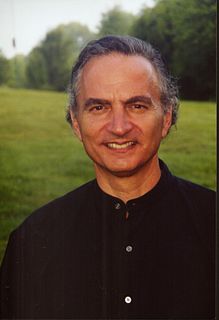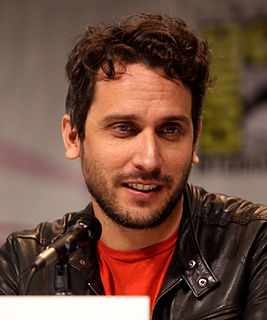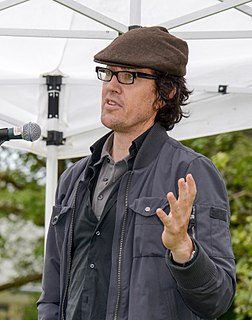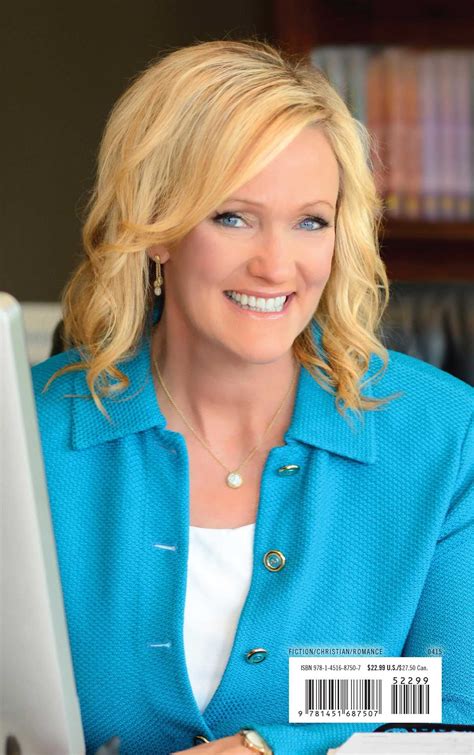A Quote by Paul G. Tremblay
Chance, choice, and consequence are fundamental parts of existence and perfect fodder for a horror story - or any story, for that matter, that asks, 'How do you live through this? How does anyone live through this?'
Related Quotes
A good horror movie - it doesn't matter how many comedy horror films there have been before. Doesn't matter how much you think it's going to be funny. A good horror movie will scare the hell out of you... the moment you sit down and you start being exposed to that story, it's going to freeze your blood.
Every good story needs a complication. We learn this fiction-writing fundamental in courses and workshops, by reading a lot or, most painfully, through our own abandoned story drafts. After writing twenty pages about a harmonious family picnic, say, or a well-received rock concert, we discover that a story without a complication flounders, no matter how lovely the prose. A story needs a point of departure, a place from which the character can discover something, transform himself, realize a truth, reject a truth, right a wrong, make a mistake, come to terms.
Artists like Otis Redding, Sam & Dave, Albert King, Ann Peebles, Isaac Hayes, and so many more gave me hope when I was an angst-filled teenager trying to make sense of it all... They were my teachers. Through their music, I learned how to live, how to be true to myself, and how to tell my story as a songwriter the way that I was feeling it.
No one can occupy your generosity except you. Who can occupy your patience when impatience roars through you? Who except you can choose not to act with judgment when all of your thoughts are judgmental? Your life is yours to live, no matter how you choose to live it. When you do not think about how you intend to live it, it lives you.

































